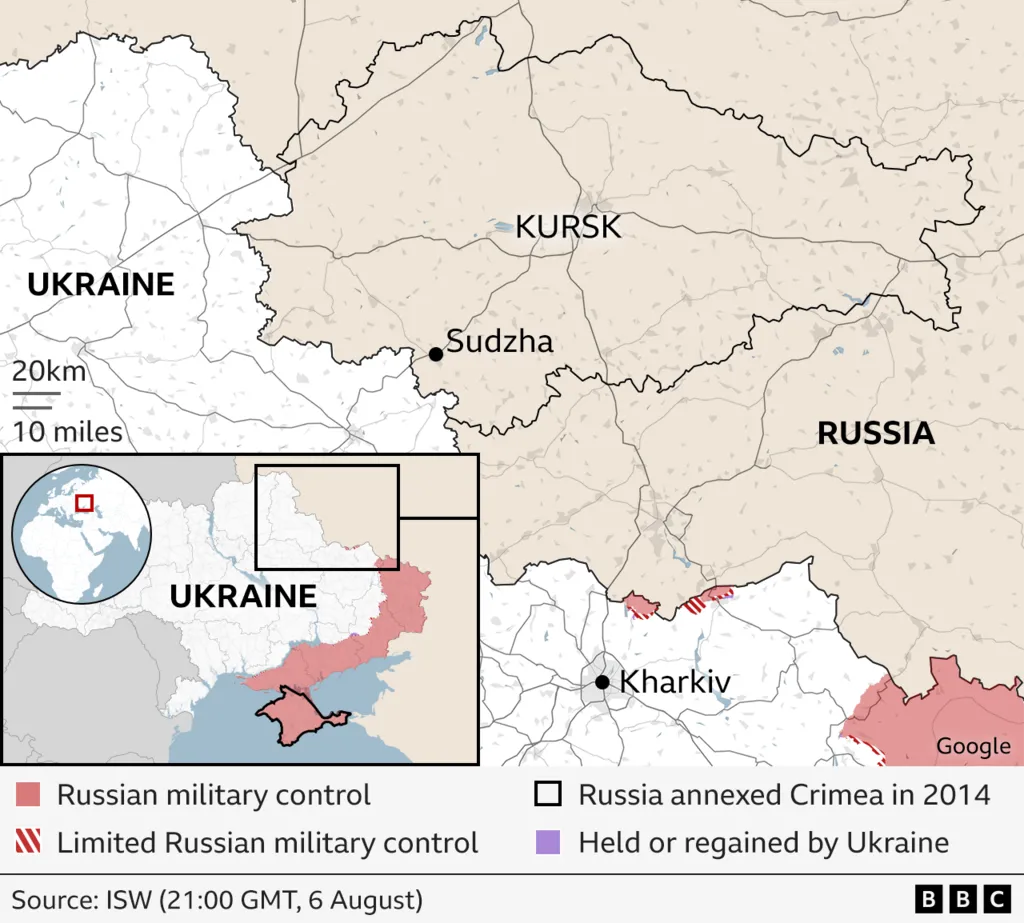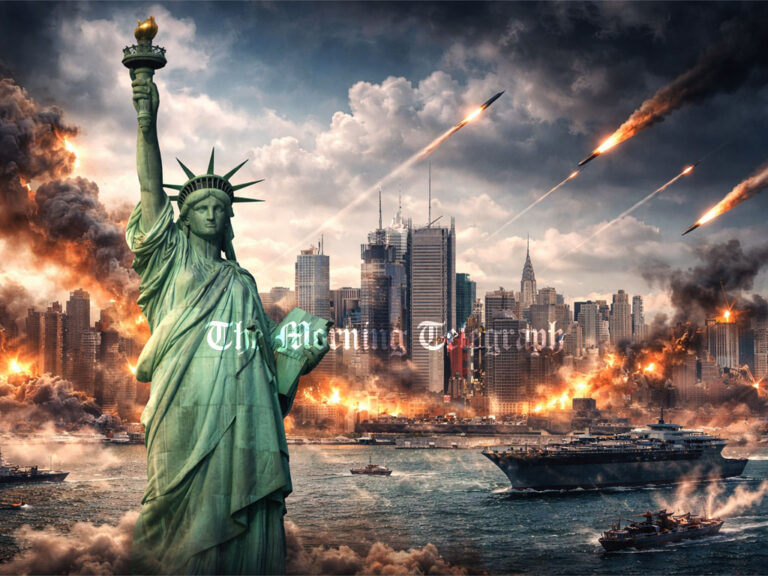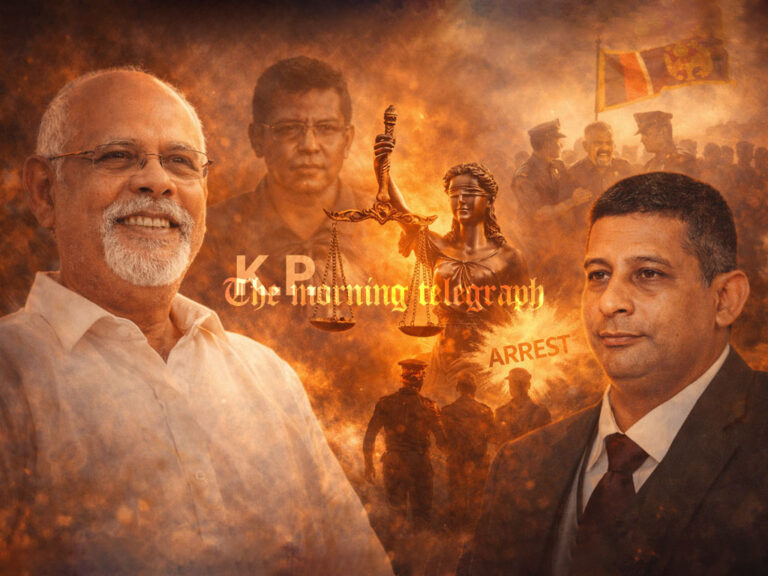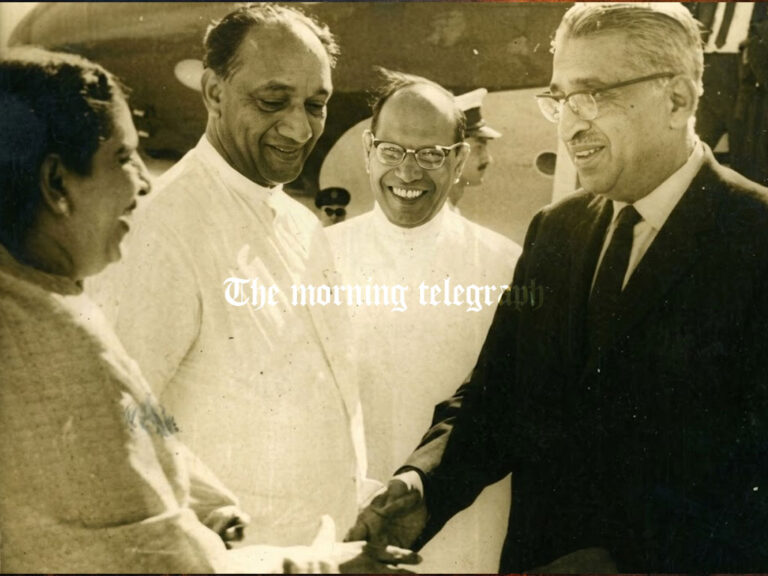
Russia’s initial plan for its invasion of Ukraine was to swiftly take control, with the expectation of completing the operation in days or weeks. Nearly two and a half years later, the conflict is far from over, and the situation has not unfolded as Moscow anticipated.
Despite heavy losses, the destruction of Russian warships, drone attacks within Russia, and a mutiny by Wagner mercenaries, Russian officials have repeatedly claimed the operation is “going according to plan.” President Vladimir Putin reiterated this stance as recently as May, even amidst the chaos.
However, recent events in the Kursk region of Russia reveal the extent of the challenges facing Russia. This week, Ukrainian forces conducted a cross-border assault in Kursk, raising questions about how the Kremlin will handle this new development. The exact details of the assault are unclear, with some reports suggesting significant confusion and uncertainty about the situation.

This new front in Kursk is a stark reminder that Russia’s invasion has deviated significantly from its original goals. Although Russian officials are unlikely to concede failure, they may use the situation to rally domestic support and frame the conflict as a defense against external threats.
In contrast, Russia’s invasion was initially framed as a “special military operation” aimed at liberating Ukrainian territories. Ukrainian incursions into Russian territory are now labeled by Moscow as “terrorist attacks” and “provocations.”
The impact on Russian public opinion remains uncertain. In border regions like Belgorod, which have experienced shelling from Ukraine, the prevailing sentiment among many locals was a call for increased military action rather than reassessment of the invasion’s strategy. Former Russian President Dmitry Medvedev has echoed this sentiment, advocating for further expansion into Ukrainian territory.
Ultimately, the response from President Vladimir Putin will be crucial in determining the next steps in this ongoing conflict. The recent developments in southern Russia are a significant escalation that could influence the course of the war and Russia’s strategic decisions.




